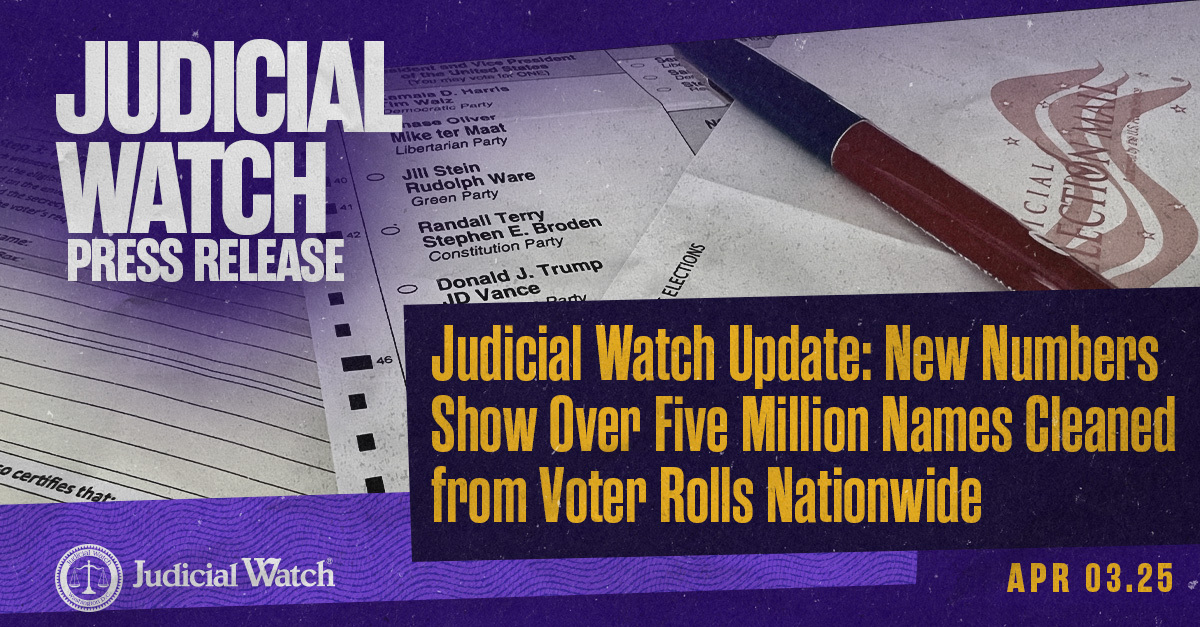
Justice Department Misconduct in Case of Aaron Schock

Aaron Schock always has been an awesome character. At 23, he won a seat in the Illinois House of Representatives, becoming the youngest member in state history. At 27, he won a race for the Illinois 18th Congressional district, becoming the youngest member of Congress. He was a Republican star, a prodigious fundraiser, raising more than $11 million for his congressional campaigns. An exercise aficionado, he once appeared on the cover of Men’s Health magazine. He got in trouble with the Washington Post for decorating his DC office in the luxurious style of the British period drama, “Downton Abbey.”
That’s when it all came crashing down. Washington had a good laugh over Schock’s cover shoot and interior decorating, but questions about improper spending mounted and in March 2015, he resigned from Congress. And there was nothing funny about the federal indictment that came twenty months later, a few days after the 2016 election. The U.S. Attorney for the Central District of Illinois charged Schock with 24 counts of wire fraud, mail fraud, theft, false statements and filing false documents.
The indictment, reported the Post, “alleged that the former congressman from Peoria, Ill., reimbursed himself for 150,000 miles he never drove, bought a new 2015 Chevrolet Tahoe for his exclusive use with campaign committee funds, and reimbursed himself with congressional funds for camera equipment purchased for himself and his personal photographer. It alleges that Schock used government and campaign money to take a private plane with a group to Chicago for a Bears football game, and remodeled his Illinois apartment and Capitol Hill office — paying those who did the thousands of dollars’ worth of work at least in part from government and campaign funds.”
The total tab for the misdeeds: $100,000
Schock was, well, shocked. “I simply cannot believe it has come to this,” he said in a statement after the indictment. He said his campaign team “might have made errors among a few of the thousands and thousands of financial transactions we conducted, but they were honest mistakes—no one intended to break any laws.”
Schock hired a powerhouse lawyer, former deputy attorney general George Terwilliger, who hit back at the government. The Schock indictment, Terwilliger said, was “just made-up allegations of criminal activity arising from unintentional administrative errors.”
But something more sinister was at work as well, Terwilliger suggested. This was a case of prosecutorial misconduct and government overreach. “Criminalizing a handful of administrative mistakes, a few of the thousands of transactions from Aaron’s 6 years in office, to charge Mr. Schock two days after a national election has all the appearances of a politically calculated ambush,” Terwilliger said.
The case soon went south. Erroneous expense reimbursements were not crimes, Terwilliger argued, and Schock had admitted his errors immediately on learning of them. Rumors circulated that prosecutors were probing whether Schock was gay. Investigators may have illegally seized documents from Schock’s congressional office. The trial judge in the case was removed after improper communications with a member of the U.S. attorney’s office. The lead prosecutor in the case, Tim Bass, stepped aside in July.
It turns out that Bass harbored political ambitions of his own. Bass had once said it would be an “honor and privilege to be considered to lead the U.S. Attorney’s Office in the future,” according to the Chicago Tribune, and his ambitions for the post were an open secret in Illinois.
Bass’s role in the case appears to have been the last straw. The Justice Department was forced to take action. The case was removed from the Central District of Illinois and moved to Chicago. Soon, the charges were dropped.
Schock told reporters that there was “no doubt” he had been targeted by Bass’s office. “It became very obvious to all of us that he saw me as his ticket to stardom.” Read George Terwilliger’s analysis of the case here.
Aaron Schock’s ordeal is over. But he would be within his rights to ask the question first posed by another Republican driven from public service by false charges and later cleared at trial. “Which office do I go to,” said former Labor Secretary Ray Donovan, “to get my reputation back?”
***
Micah Morrison is chief investigative reporter for Judicial Watch. Follow him on Twitter @micah_morrison. Tips: mmorrison@judicialwatch.org
Investigative Bulletin is published by Judicial Watch. Reprints and media inquiries: jfarrell@judicialwatch.org
















